Article last updated on January 22, 2022
Self-discovery is a journey of understanding who you really are and why you behave the way you do. It involves learning about yourself through introspection, reflection, and analysis.
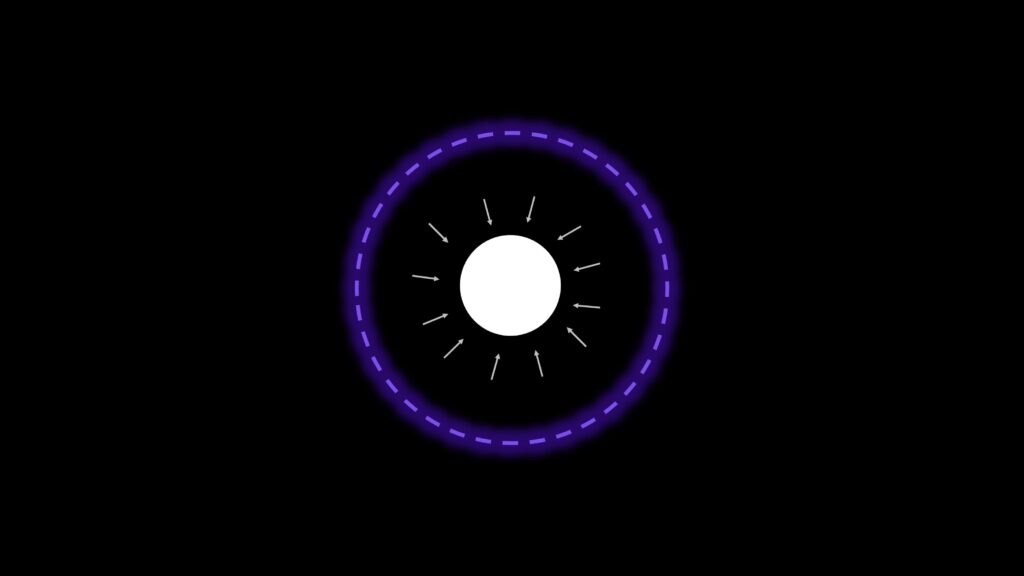
Self-discovery helps us to become aware of our strengths and weaknesses and allows us to identify areas where we want to improve. In other words, self-discovery is a lifelong process that leads to personal growth and development.
I will share 7 little-known things you can learn from self-discovery. These include:
- What you don’t like about others is a reflection of what you don’t like about yourself.
- How your childhood experiences don’t affect you as much as you might think.
- How judgement can be a good thing.
- How you are not defined by your thoughts.
- What your body can tell you.
- The importance of compassion and empathy.
- Appreciation for incremental self-discovery process.
From personal experience, I know how difficult it is to find out who you truly are. This is because many people have been taught to hide their true selves for so long.
To give you a straightforward answer, the main thing you will learn is that you will not “find yourself.” You will upgrade yourself. Self-discovery is a process of upgrading yourself.
Let’s start with the first and very surprising thing you will learn from self-discovery…
The World Is a Mirror
In other words, what you don’t like about others is a reflection of what you don’t like about yourself.
Let me explain… When something or someone triggers you into feeling negative emotions such as anger, jealousy, envy, frustration, etc., this means you care about something particular about them.
Therefore, when you feel these emotions towards another person, it shows that there is something about you that you dislike.

So, the next time you see someone acting badly, remember that you are seeing a mirror of yourself.
You are seeing your own inner qualities reflected back at you.
This is why you should never judge anyone else based on what they did wrong. Instead, try to look inside yourself and understand why you react the way you do.
When you discover the reason behind your behavior, you’ll be able to make changes and move forward.
To give you a practical example, let’s say you are triggered by someone’s lack of interest in you. Well, if you ask yourself why you feel jealous, you’ll realize that you are insecure and need attention. So, instead of focusing on the person’s lack of interest, focus on yourself and work on improving your confidence.
That person is reflecting back to you that you should focus on yourself and work on yourself instead of worrying about others.
Basically, every time you get angry, frustrated, sad, or jealous, you are looking at yourself through the eyes of another.
It’s always better to look at yourself, see what triggered you, what needs to be improved, and then take action compared to simply blaming others for everything.
Past Does Not Control You
Probably the thought that has crossed your mind more than once: “I have some stored childhood traumas that are preventing me from moving forward.”
Well, the truth is that your past does not control you.
That is an outdated concept that was created by Sigmund Freud. He believed that our thoughts, feelings, and actions were controlled by our unconscious memories.
Freud believed that we all had traumatic experiences as children that caused us to develop certain behaviors. These behaviors are called defense mechanisms.
But if you look at what Alfred Adler said, he stated that we can only act according to our conscious thinking.
Adler believed that we could not escape the influence of our past, but rather that we could choose how we would respond to it.
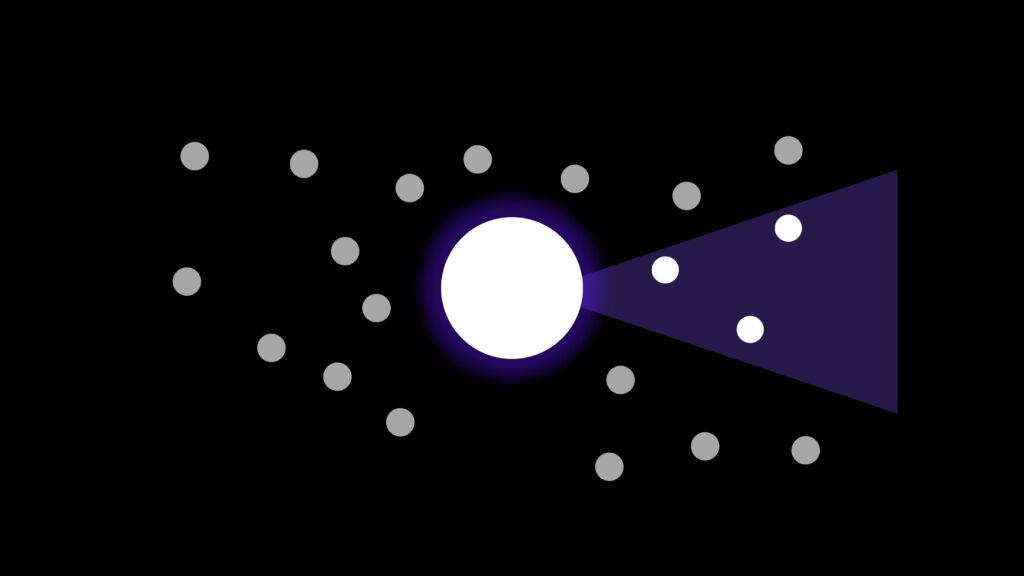
If you want to overcome any kind of problem, you must stop blaming your past and accept responsibility for your current situation.
I understand there will be people who disagree with me because I am saying that you can change regardless of the past. That’s OK, but I will take my chances and keep living life in such a way that I can improve and discover the deeper layers of myself.
For me, Adler’s concept is liberating. It gives me hope that I can change and become a happier version of myself.
I have “proven” to myself many times that is true. As a kid, I was never into sports or anything like that. But now I love running, cycling and lifting weights.
Most people are willingly ruled over by confirmation bias. That’s where they are constantly seeking information that confirms their beliefs.
So, as you discover yourself, you learn that the past does not define you. You are allowed to grow and evolve.
Judgement Is Good if Used the Right Way
When we look at someone else, we judge them based on external factors such as appearance, behavior, and attitude. However, when we look at ourselves, we tend to focus on internal traits such as emotions, thoughts, and feelings.
When we see another person, we try to understand them by looking at their actions. We assume that if we knew more about them, we would understand them better.
However, when we look at our own behaviors, we often feel guilty because we believe that we should be different than we are. We also believe that there must be something wrong with us.
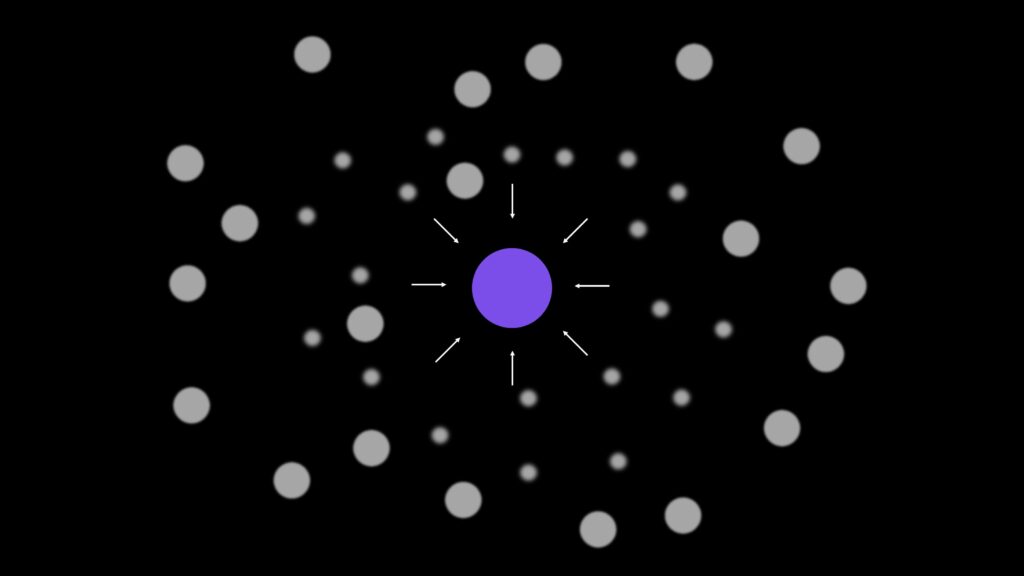
This is why most people spend their lives trying to change themselves. They try to make themselves into someone they think they should be instead of accepting who they are.
This is one reason why many people struggle with low levels of self-worth. When they compare themselves to others, they feel less worthy.
They feel bad about themselves because they believe that they are not good enough. It’s no wonder that they keep searching for ways to change themselves until they finally give up.
But you can see that this is not the right way to live your life. Judgement can be helpful if you use it correctly. If you judge others based on their actions, then you will be able to understand them better.
And that is how you can judge yourself too. Instead of comparing yourself to others, ask yourself: What do I need to work on? How can I improve myself?
As you discover yourself, you will learn that judgement has its place. You can use it to help you understand other people better. And you can use it to help yourself become a better version of yourself.
You Are Not Your Thoughts
We all know that our thoughts affect how we see the world. But did you know that your thoughts are generated by the strong emotions you have inside?
The truth is that our thoughts are just the product of our emotions. So, if you want to change your thoughts, you need to change the emotions behind them.
If you want to stop thinking negatively, you need to find out what makes you angry. Once you figure out what causes your anger, you can start changing your thoughts.
For example, if you are angry because you lost a job, you might realize that you were upset because you felt rejected or unworthy. This realization could lead you to develop new strategies for becoming a person of more value.
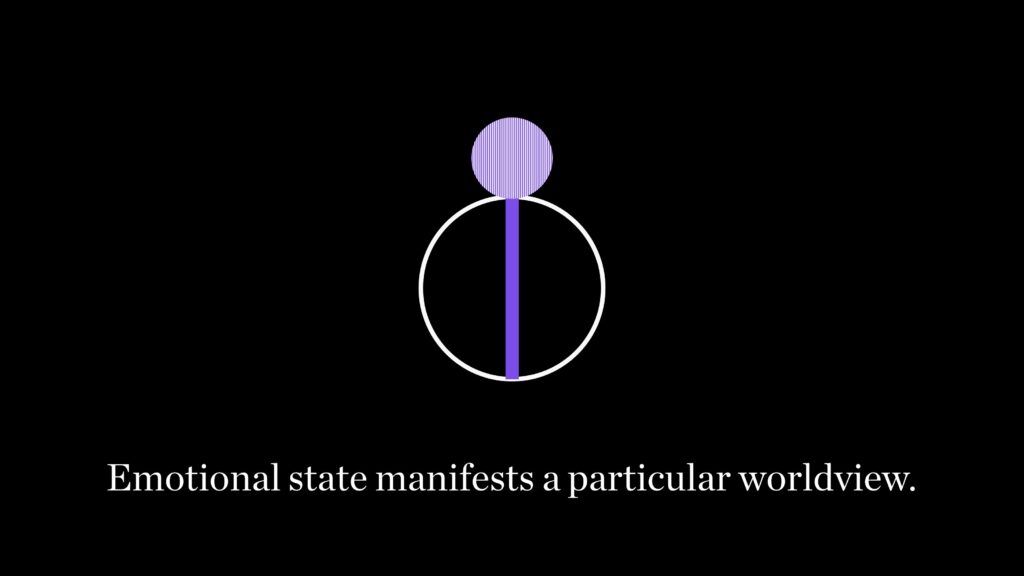
By learning to identify your emotions, you can begin to change your thoughts. As you change your thoughts, you change your perspective.
And once you change your perspective, you will notice different things in your environment. For example, if you become aware of the fact that you are judging yourself negatively, you may start noticing positive aspects of yourself.
That’s why you should always remember that you are not your thoughts. The only thing that matters is whether or not you like the thoughts you’re having.
So, the next time you catch yourself thinking negative thoughts, take a moment and remind yourself that you are not your thoughts.
Get To Know Your Body
When you talk about self-discovery, you probably mean discovering your personality traits.
However, you cannot truly understand your personality unless you examine your body.In order to fully understand yourself, you need to examine both your mind and your body.
In addition to being an important part of your overall health, your body also plays a role in your self-image.
When you walk slowly, when you are quiet, and when you are hunched over, your body tells you something about who you are.
Your body is the most primal expression of how you feel. It shows us what kind of person we are by revealing the state of our physical well-being.
On the other hand, when you look good, you feel good. When you walk fast, when you speak loudly, and when you stand tall, your body lets you know that you are happy with yourself.
It’s easy to tell someone else how they should act, but it takes real courage to acknowledge your own shortcomings.
How are you breathing? How is your heart beating? What does your stomach do? These questions are some of the simplest ways to get to know your body.
Is your breath shallow? Do you hold your chest tight? Does your stomach hurt? If so, you might be suffering from anxiety. Your body is telling you that you are feeling stressed out.
You can use these simple questions as a way to discover your emotional state.
Difficult emotions such as fear, sadness, and shame cause your body to tense up. On the other hand, joy, love, and happiness make you breathe deeply.
The best way to learn about your body is to pay attention to its signals.
Once you become familiar with your body, you will have a better understanding of your feelings.
Compassion and Empathy Should Not Be Ignored
Self-discovery requires compassion and empathy. Compassion and empathy allow you to see things from another person’s point of view.
By examining your interactions with others, you can get a complete picture of yourself.
If you want to improve your relationships with people, you must first develop compassion and empathy for them.
You will get a deeper appreciation for life when you realize that everyone has their own story. Everyone has his or her own struggles.
Everyone has been through hardships. We all experience pain, sorrow, and disappointment and use coping mechanisms to deal with them.
We all have different strengths and weaknesses. We all have different values and beliefs.
To really appreciate the world around you as you discover yourself, you must accept that everyone has their own unique perspective on life.
This means you cannot pass judgment on others based on your own personal experiences.
Instead, try to understand where each person is coming from. Try to put yourself in their shoes.
This allows you to empathize with others and helps you build stronger bonds with those around you.
Developing empathy should be part of your daily routine. Try to find common ground between yourself and others. This will help you to understand why they behave the way they do.
You don’t need to be a psychology major to benefit from self-discovery. In fact, many of the most important lessons come from everyday life.
When you empathize with others, you will be able to deal with difficult situations more effectively and even enjoy setting an example for people around you.
There’s No “Aha!” Moment
The process of self-discovery is a gradual, ongoing process. You won’t suddenly wake up one day and say: “I’ve discovered who I am.”
It’s not like you will look at yourself in the mirror and think: “Wow! I’m awesome!”
It doesn’t work that way. As you go through this journey, you will gradually start to understand what makes you tick.
In time, you will begin to recognize patterns in your thoughts and behaviors. As you continue to examine your behavior, you will notice how certain events trigger your emotions.
By paying close attention to your reactions, you will eventually uncover the reasons behind your actions.
This process is not even noticeable as you are going along. It happens over time.
You will slowly start to see yourself differently.
You will feel more in control, your life goals will seem closer, and you’ll make decisions that will lead you towards success.
As you continue to explore your inner world, you will gain insights into your personality type and characteristics.
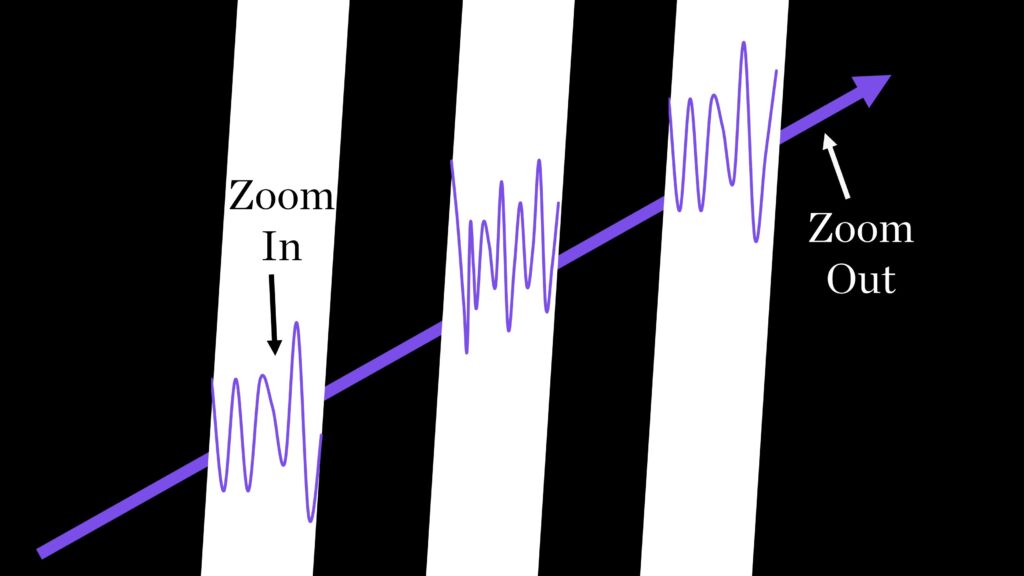
Only when you zoom out and take a step back, will you truly understand how much you have improved.
Traumatic events and the painful emotions from these events will seem less significant. It is like you are getting rid of the emotional baggage that was weighing you down.
All of us are seeking that huge “lightbulb” moment, when in reality, we have a chance to experience micro-“lightbulb” moments as we go through our lives.
Real changes happen incrementally. And when somebody compliments you, “Wow, you have changed!”, you will be surprised by that statement.
As you discover yourself, you think nothing significant is changing, but step by step, you will realize that everything is different.
Conclusion
Self-discovery is an amazing journey. It can be challenging at times, but it will also bring incredible rewards.
It begins with you, and once you realize that you are the one responsible for your life, you will begin to appreciate all the things you have been given.
Some aspects of life may seem difficult to comprehend at times, but if you take the time to examine your feelings, you will gain insight into yourself.
When you practice self-discovery, you will begin to notice patterns in your behavior.
These patterns are often unconscious. Once you become aware of them, you will be able to change them.
These are seven out of many things you will learn about yourself.
I hope they motivate you to keep exploring.
If you liked this, please share it with your friends.
I believe this type of content should reach more people, so I would greatly appreciate any help you could give.


